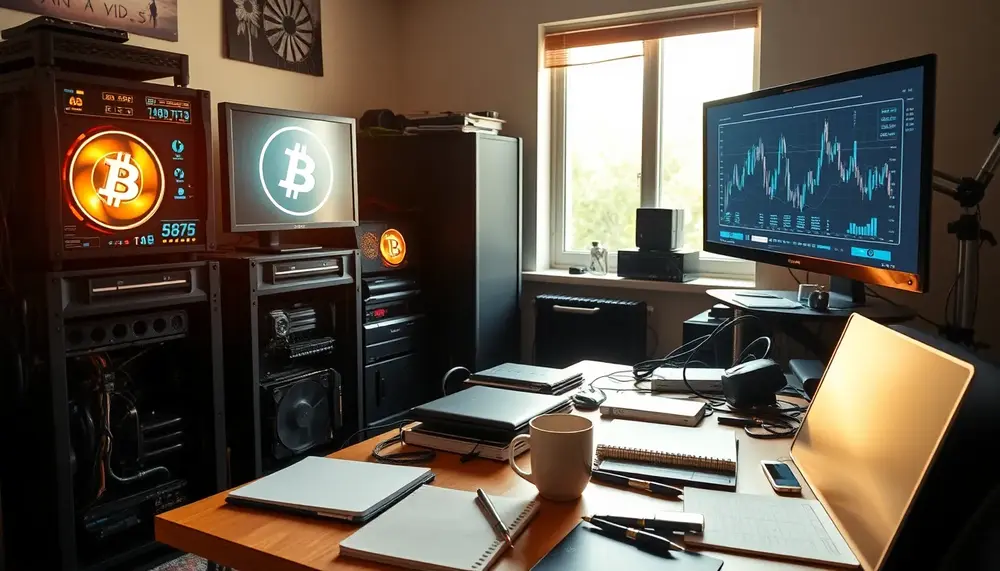Digital currency
Digital currency
In the world of Bitcoin mining, one essential term that features prominently is "Digital currency". Also commonly referred to as digital money, electronic money, or cryptocurrency, this term encompasses a wide range of financial innovations that have surfaced in the digital space.
What is a Digital Currency?
Digital currency is a type of currency available only in digital form. Unlike traditional forms of currency like notes and coins, digital currencies are not tangible and cannot be physically handled. They exist only in electronic form, making them perfect for online and electronic transactions.
How is Digital Currency related to Bitcoin Mining?
Bitcoin Mining and Digital currency are intrinsically linked as Bitcoin is a type of digital currency. Mining refers to the process of creating new Bitcoin units. This is done through sophisticated computer systems that solve complex mathematical problems to 'mine' new Bitcoins, thus creating more digital currency.
The Role of Digital Currency in Today's World
Digital currency, such as Bitcoin, has gained global recognition for its potential to transform the traditional financial system. It can offer faster, more cost-effective transactions, break down barriers for those without access to traditional banking, and even change the way we think about money. As we move to an increasingly digital economy, understanding digital currency and its implications is becoming vital.
The Future of Digital Currency
The future of digital currency looks promising. Technological advancements are set to enhance its security and user experience. With more businesses and consumers adopting digital currencies like Bitcoin, we can expect digital currency to take on an ever-increasing role in commerce and society at large.
From Bitcoin mining to spending digital currencies in everyday life, it is clear that understanding the term 'Digital currency' is an important first step in navigating the digital economy of the future.
Blog Posts with the term: Digital currency

Bitcoin mining apps can transform your device into a mini mining rig, but with the market flooded by both genuine and dubious options, it's crucial to verify platforms like Google Play for reliability through download numbers, ratings, user reviews, and...

This article explores the connection between Bitcoin mining and renewable energy, specifically focusing on solar, wind, and hydropower sources. It highlights the shift towards renewable energy in Bitcoin mining driven by environmental concerns, economic benefits, and advancements in technology. The...
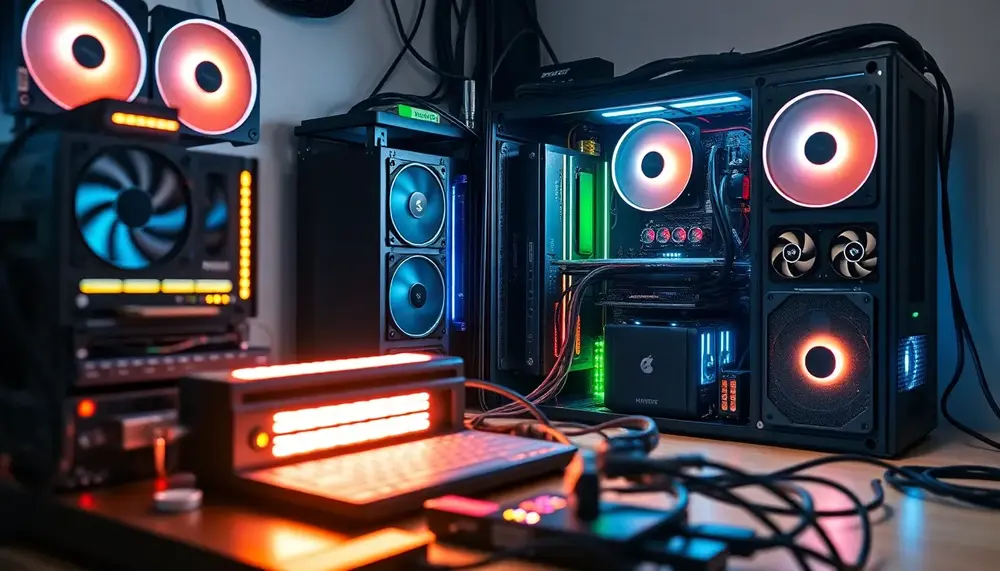
Setting up a crypto mining server involves selecting optimal hardware like GPUs or ASICs, building infrastructure with adequate power and cooling, installing suitable software, and ensuring legal compliance for efficient operations. This process requires careful planning to optimize performance while...

Tether (USDT) cannot be mined as it is a stablecoin issued by Tether Limited, pegged to the US Dollar and centrally controlled. Instead, you can earn USDT through trading, staking, liquidity mining on DeFi platforms, yield farming, or interest-bearing accounts....

The article "Introduction to Zano Mining" provides a comprehensive guide for beginners on how to mine the privacy-focused cryptocurrency, Zano, efficiently by explaining its hybrid Proof-of-Work and Proof-of-Stake consensus mechanism. It covers essential tools such as mining hardware, software like...
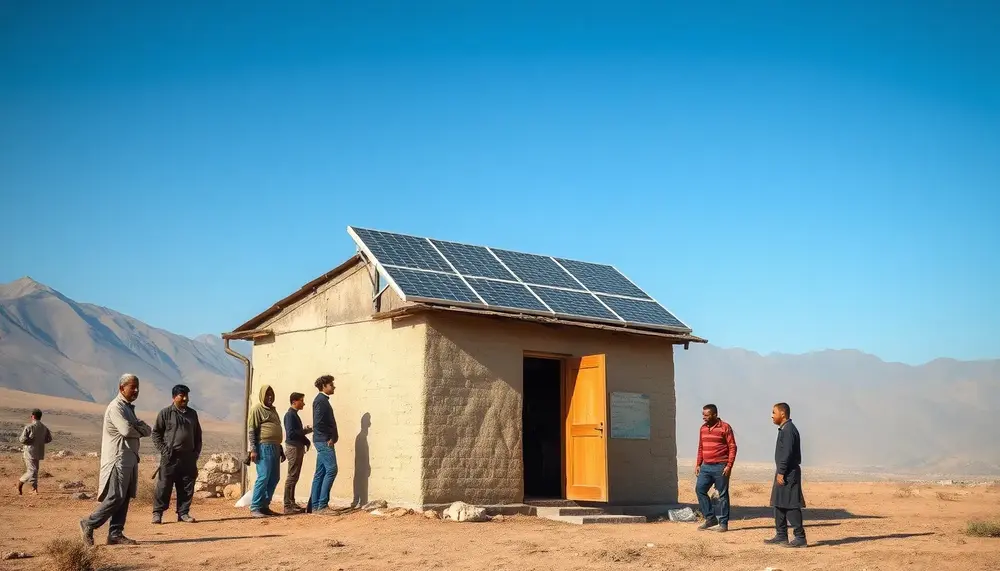
Crypto mining in Pakistan is emerging as a promising yet challenging field, with tech-savvy youth exploring opportunities amidst an evolving regulatory landscape shaped by the SECP and Central Bank's cautious optimism....

The article explores the growing trend of crypto mining in Kuwait, highlighting its appeal due to low electricity costs and import duties but also noting recent regulatory challenges. It discusses the economic benefits, legal landscape, and environmental considerations associated with...

The article provides a comprehensive guide to mining XRP on Android devices, detailing the necessary tools and steps for setup, including choosing a reliable mining app and ensuring device optimization. It highlights the accessibility, low entry cost, potential for passive...

The article discusses the impact of quantum computing on Bitcoin mining. It explains the principles of both quantum computing and Bitcoin mining separately, and then explores how quantum computing can enhance the efficiency and speed of Bitcoin mining while also...

The article introduces a method of mining Ethereum (ETH) using Tether (USDT), highlighting the benefits such as stability, liquidity, and reduced risk. It provides a step-by-step guide on acquiring USDT, choosing a mining pool, setting up hardware and software for...
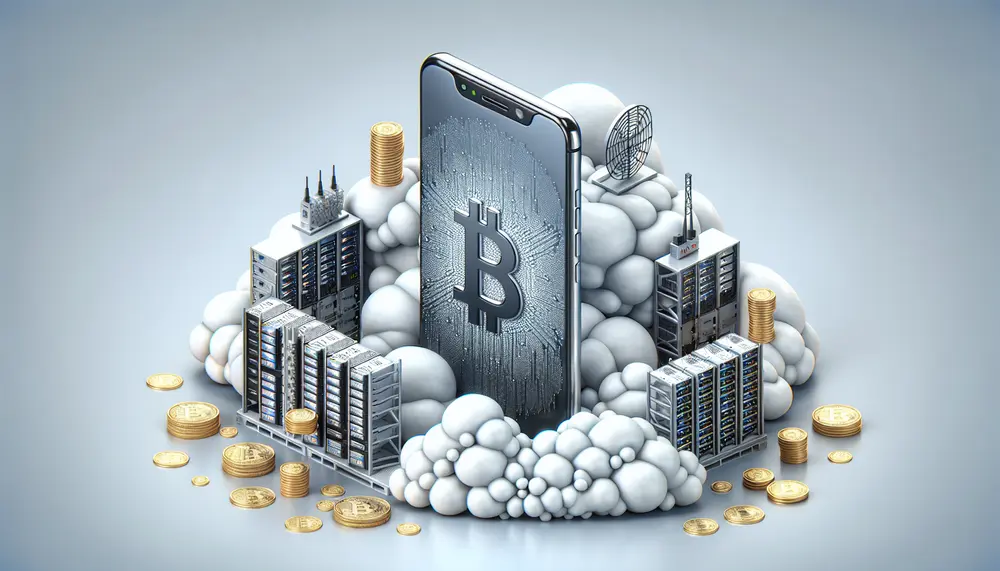
Cloud mining apps for iPhone allow users to mine cryptocurrencies without needing complex hardware, offering a user-friendly and accessible approach. These apps provide benefits such as portability, low entry barriers, reduced costs, minimal maintenance, real-time monitoring, and are becoming popular...
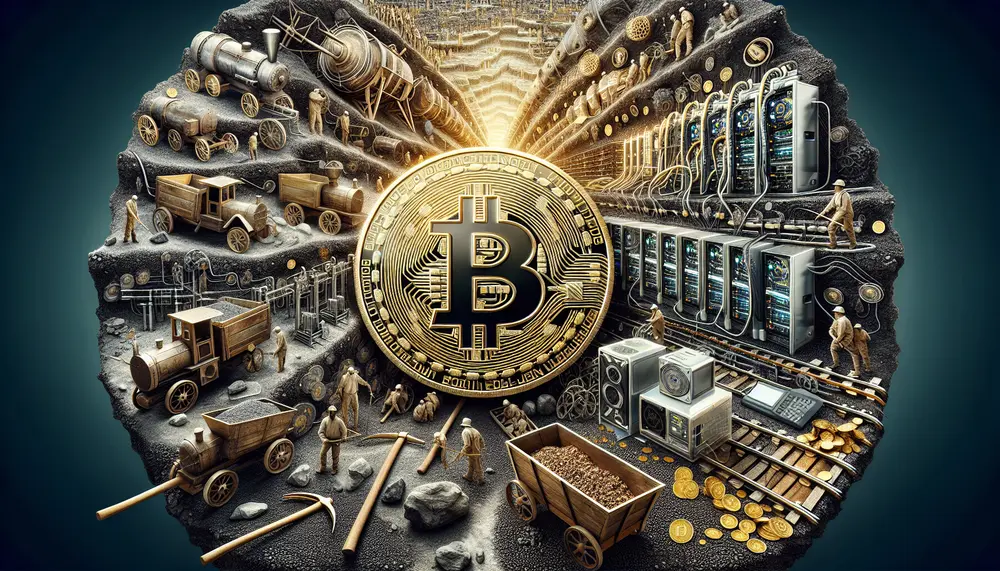
Beldex Coin, a privacy-focused cryptocurrency inspired by Monero and Zcash, was developed to enhance transaction anonymity through advanced protocols like RingCT and stealth addresses. Key milestones include the launch of its mainnet, introduction of masternodes for security, integration with decentralized...

Bitcoin mining in Germany is legal and considered a private money production. The country's mining landscape is thriving, with various mining farms and communities, and companies like Northern Bitcoin AG are leading the way in sustainable and advanced mining operations....

The article explains the differences between meme coins and traditional cryptocurrencies, highlighting that meme coins are driven by social media hype with high volatility and lack intrinsic value, while traditional cryptocurrencies like Bitcoin and Ethereum have robust technological foundations, real-world...

